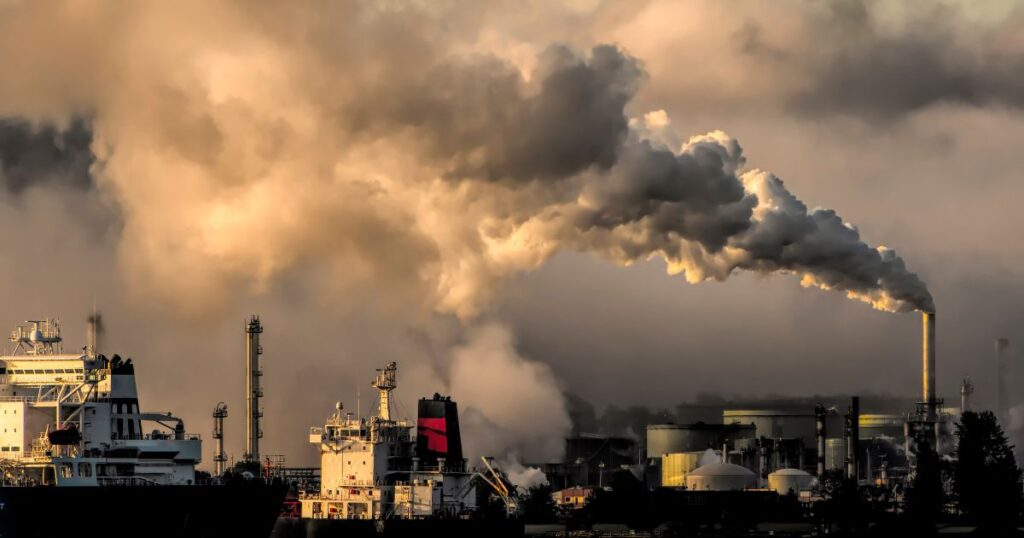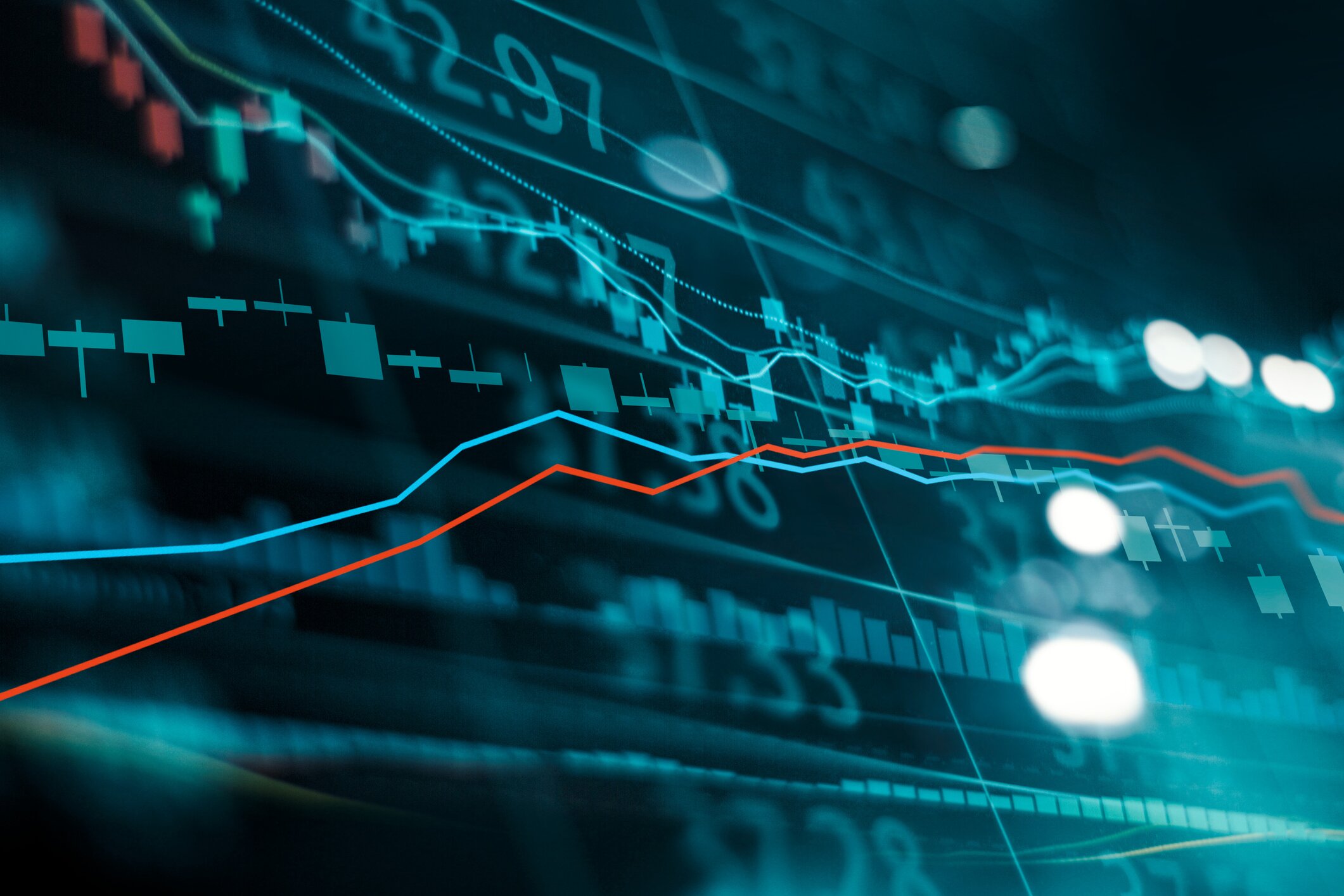What Is The Global Economy? A Guide 2025!
April 17, 2025 | by samayyashafique8@gmail.com

The term global economy refers to the interconnected economic activities and systems of all countries worldwide. It encompasses the production, distribution, and consumption of goods and services across international borders, integrating national economies into a single, interdependent system.
In today’s world, understanding the global economy is crucial, as it influences everything from job markets to the prices of goods and services.
🧩 Key Components of the Global Economy

International Trade
International trade involves the exchange of goods and services between countries. It allows nations to specialise in producing certain products, enhancing efficiency and economic growth. For instance, the U.S. imports electronics from Asia while exporting agricultural products globally.
Foreign Direct Investment (FDI)
FDI occurs when individuals, companies, or governments invest in businesses located in other countries. This facilitates the transfer of capital, technology, and expertise, contributing to global economic integration.
Financial Markets
Global financial systems enable the flow of capital across borders, allowing businesses to access funding and manage risks. Stock exchanges, currency markets, and international banks are integral to this component.
Labor Mobility
The movement of workers between countries supports industries by filling labour shortages and contributing to economic diversity. For example, the tech industry in the U.S. benefits from skilled professionals worldwide.
Technology and Information Exchange
Advancements in technology and communication have accelerated globalisation, allowing for the rapid dissemination of information and innovation. The internet enables real-time collaboration across continents, fostering global business operations.
📈 Benefits of the Global Economy
- Economic Growth: Access to larger markets and resources can boost production and income levels.
- Innovation: Cross-border collaboration fosters technological advancements and knowledge sharing.
- Cost Efficiency: Countries can benefit from lower production costs by outsourcing and importing goods.
- Consumer Choices: A wider variety of goods and services becomes available to consumers worldwide.
⚠️ Challenges of the Global Economy
- Economic Inequality: Disparities in wealth and income can widen between and within countries.
- Environmental Impact: Increased production and transportation contribute to pollution and climate change.
- Economic Dependency: Countries may become overly reliant on global markets, making them vulnerable to external shocks.
- Job Displacement: Outsourcing and automation can lead to unemployment in certain sectors.
🏛️ Role of International Organisations

Institutions like the World Trade Organisation (WTO), International Monetary Fund (IMF), and United Nations (UN) play crucial roles in regulating and facilitating global economic activities, ensuring stability, and promoting sustainable development.
- WTO: Provides the infrastructure for international trade, promoting liberalised trade and reducing barriers.
- IMF: Offers financial support and policy advice to member countries, aiming to stabilise exchange rates and facilitate international trade.
- UN: Addresses global economic issues through various programs and initiatives, focusing on sustainable development and poverty reduction.
📊 Current Trends and Developments
Recent global events have significantly impacted the global economy:
- Trade Tensions: The IMF has announced plans to revise global economic growth forecasts downward due to rising trade tensions and uncertainty stemming from changes in global trade policy.
- Deglobalization: The COVID-19 pandemic and subsequent geopolitical conflicts have led to a trend of deglobalization, with countries reevaluating their dependence on foreign trade and promoting their economies.
- Technological Advancements: The IMF launched an international central bank digital currency, the Universal Monetary Unit, to facilitate international banking and trade.
🌍 Real-Life Examples of the Global Economy in Action

Apple Inc. – A Global Supply Chain Model
Take Apple, for example. While it’s a U.S.-based company, its iPhones are designed in California, assembled in China, use components from South Korea and Japan, and are sold worldwide. This illustrates how companies rely on a global web of suppliers, labour, and markets to thrive.
The Oil Market – Interdependence at Scale
Oil prices are influenced by global supply and demand. A disruption in production in the Middle East can cause gasoline prices to rise in the United States, affecting everything from commuting costs to food prices. That’s the global economy in motion.
The 2008 Financial Crisis – When One Falls, All Feel It
Originating in the U.S. housing market, the 2008 crisis rippled across the globe. Banks in Europe, Asia, and South America were affected. This showed how deeply connected financial systems are—and how global economic issues don’t respect borders.
🔁 The Future of the Global Economy
As we look ahead, several trends are shaping the future of the global economy:
Green Economy Initiatives
Sustainability is becoming a major economic driver. Countries and corporations are investing in renewable energy, electric vehicles, and sustainable agriculture to reduce environmental damage and appeal to climate-conscious consumers.
Rise of Digital Currencies and Fintech
The launch of central bank digital currencies (CBDCS), including the Universal Monetary Unit (UMU) by the IMF, is transforming global finance. These digital currencies promise quicker, safer, and cheaper international transactions.
AI and Automation
AI is changing everything—from manufacturing to customer service. While it creates efficiency, it may also cause job displacement, especially in countries heavily reliant on manual labour industries.
Deglobalization vs. Resilience
Many countries are now emphasising economic resilience over sheer globalisation. This means more local sourcing and less dependency on foreign supply chains, especially after disruptions caused by COVID-19 and global conflicts.
🧠 Why Understanding the Global Economy Matters to You?
Even if you’re not an economist or business owner, the global economy affects your everyday life:
- Your job may depend on foreign investments or supply chains.
- The prices you pay for groceries, gas, and electronics are influenced by international trade and currency fluctuations.
- Your investments, such as 401(k)s or mutual funds, often include global stocks and bonds.
- Your education or career path might need to align with global trends like remote work or digital transformation.
Simply put: The more you understand how the world economy works, the better you can plan, invest, and adapt.
✅ Summary: Key Takeaways
- The global economy connects nations through trade, investment, finance, and technology.
- It brings benefits like innovation, growth, and consumer choice.
- It also poses challenges, including inequality, environmental concerns, and economic dependence.
- International organisations help manage these complexities and promote cooperation.
- Recent trends point to a future where resilience, sustainability, and digital transformation are key.
FAQs
What is the global economy?
The global economy refers to the interconnected economic activities and systems of all
countries worldwide, encompassing the production, distribution, and consumption of goods and services across international borders.
How does international trade impact the global economy?
International trade allows countries to specialise in producing certain products, enhancing efficiency and economic growth by exchanging goods and services across borders.
What are the benefits of the global economy?
Benefits include economic growth, innovation, cost efficiency, and a wider variety of goods and services available to consumers worldwide.
What challenges does the global economy face?
Challenges include economic inequality, environmental impact, economic dependency, and job displacement due to outsourcing and automation.
What role do international organisations play in the global economy?
Organisations like the WTO, IMF, and UN regulate and facilitate global economic activities, ensuring stability and promoting sustainable development.
🧑🎓 Final Thoughts
Whether you’re shopping online, applying for a job, or just filling up your gas tank, the effects of the global economy are all around you. Understanding how it works doesn’t require a PhD in economics. It just takes a bit of curiosity—and a guide like this one—to see how deeply connected our world truly is.
As someone who’s navigated freelance work for international clients, I’ve personally seen how the global economy creates opportunities across borders. But I’ve also seen how fluctuations in currency rates or trade policies can impact business decisions. That balance of risk and reward is what makes the global economy both fascinating and essential to grasp.
READ MORE:
RELATED POSTS
View all


